Far-right MK Ben Gvir, dozens of settlers storm al-Aqsa Mosque in occupied al-Quds
Extremist Israeli lawmaker Itamar Ben-Gvir has stormed the al-Aqsa Mosque compound in the Old City of al-Quds together with a group of settlers, amid an escalation of violence in the occupied Palestinian territories ahead of the holy Muslim fasting month of Ramadan.
Local sources, speaking on condition of anonymity, said the 45-year-old leader of the far-right Otzma Yehudit party and a number of settlers forced their way into the holy site under tight protection of several groups of Israeli soldiers and special police forces.
The sources pointed out that Israeli security forces escorted Ben-Gvir and the settlers as they toured the sacred compound.
📹 من اقتحام المتطرف "بن غفير" ساحات المسجد الأقـصى المبارك صباح اليوم pic.twitter.com/gI9tMjWHb3
— وكالة صفا (@SafaPs) March 31, 2022
They performed Talmudic rituals at the site, which is venerated by Jews, Christians and Muslims.
The al-Aqsa Mosque compound, which sits just above the Western Wall plaza, houses both the Dome of the Rock and al-Aqsa Mosque.
The Jewish visitation of al-Aqsa is permitted, but according to an agreement signed between Israel and the Jordanian government in the wake of Israel’s occupation of al-Quds in 1967, non-Muslim worship at the compound is prohibited.
Back in early October last year, an Israeli court upheld a ban on Jewish prayers at the al-Aqsa Mosque compound, after an earlier lower court's decision stirred outrage among various Palestinians and across the Muslim world.
Judge of the district court in al-Quds Aryeh Romanov on October 8 confirmed that Jews are barred from worshiping openly at the site, and only Muslims are permitted to pray there.
In issuing the ruling, Romanov said the fact that the defendant, an Israeli settler identified as Rabbi Aryeh Lippo, had been caught served as proof that his prayer at the al-Aqsa Mosque compound was overt.
“What is important… is the fact that there was someone who noticed the appellee praying, which evidently shows that the prayer was overt. If it was not overt, no one would have noticed it,” the judge wrote.
The ruling came after Israel's public security minister Omer Bar-Lev appealed the lower court's decision days earlier not to regard prayer by Jewish worshipers as a “criminal act” if it was kept silent, and warned that “a change in the existing status quo” would spark violent protests and could cause a flare-up.
Last May, frequent acts of violence against Palestinian worshipers at al-Aqsa Mosque led to an 11-day war between Palestinian resistance groups in the besieged Gaza Strip and the Israeli regime, during which the regime killed at least 260 Palestinians, including 66 children.
The provocative act comes amid heightened tensions in the occupied Palestinian territories ahead of Ramadan.
Three separate operations by Palestinians in the span of eight days have killed 11 Israeli settlers, in a surge not witnessed in years, and which may continue.
On Tuesday night, a Palestinian man, identified as Diaa Hamarsheh, killed five people, including a security force, before being shot dead by security forces in the ultra-orthodox town of Bnei Brak, east of Tel Aviv.
On Sunday, two Palestinian gunmen killed two Israeli security forces and wounded four others in a shooting attack in the northern Israeli city of Hadera before they were shot dead.
It followed an attack on March 22, when a Palestinian man was fatally shot over an alleged stabbing attack near a shopping center in the southern Israeli city of Beersheba, which left four Israeli settlers dead.
Palestinians want the occupied West Bank as part of their future independent state and view al-Quds’ eastern sector as the capital of their future sovereign state.
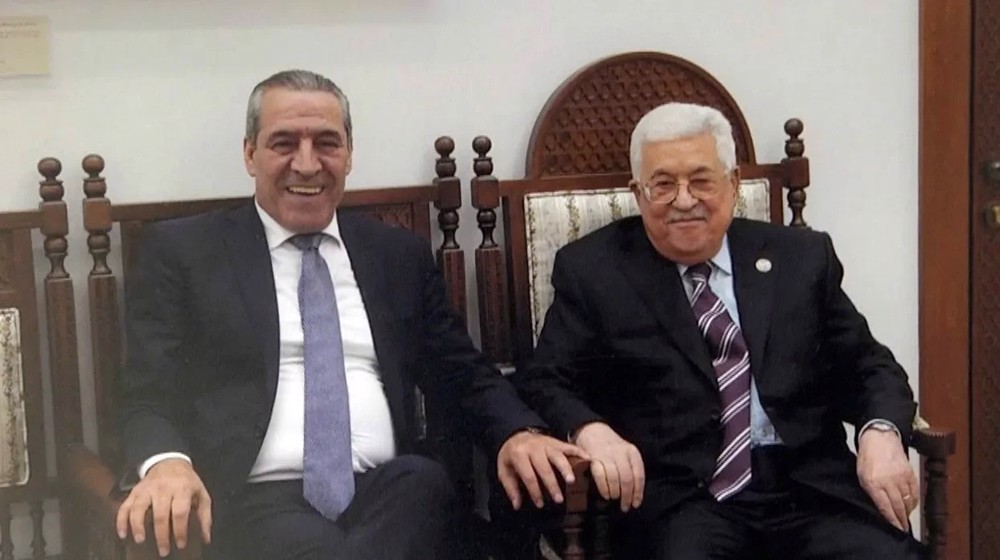
Abbas names likely successor in move deemed ‘illegitimate, divisive’
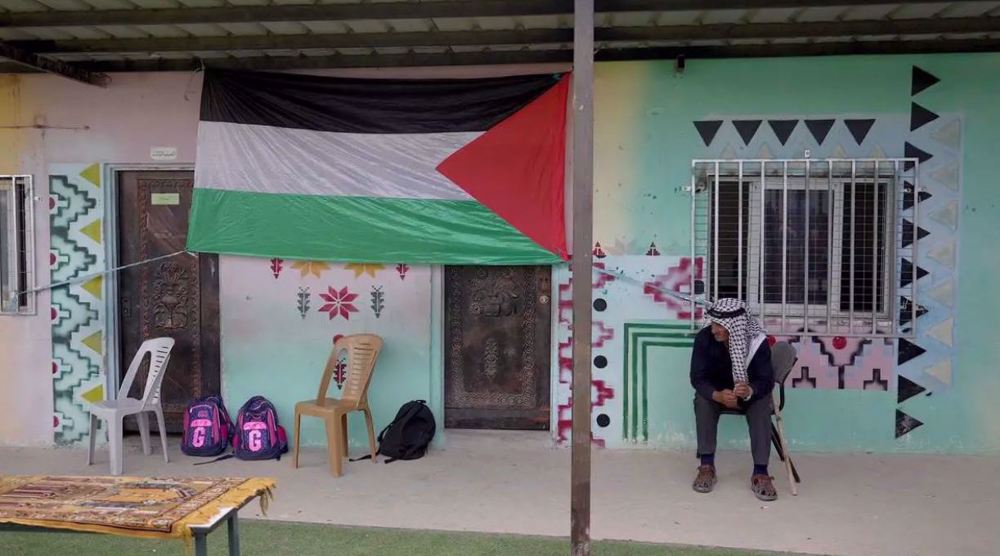
Illegal Israeli settlers attack Palestinian school in occupied West Bank
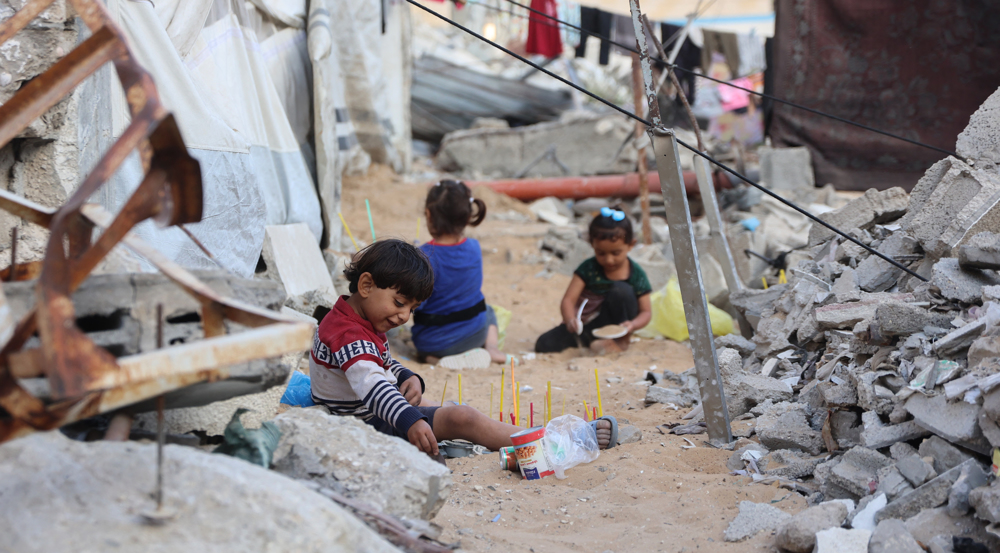
51 civilians killed in Gaza as Israel ramps up attacks amid all-out blockade
US airstrike on Yemeni capital kills 8 people
VIDEO | Iran multilayered diplomacy
VIDEO | Press TV's news headlines
Iran more than halved its power grid losses to 10% in 16 years: Expert
Abbas names likely successor in move deemed ‘illegitimate, divisive’
Illegal Israeli settlers attack Palestinian school in occupied West Bank
VIDEO | Israeli forces tighten siege on Jenin refugee camp
Iran restores operations at its largest container port after explosion


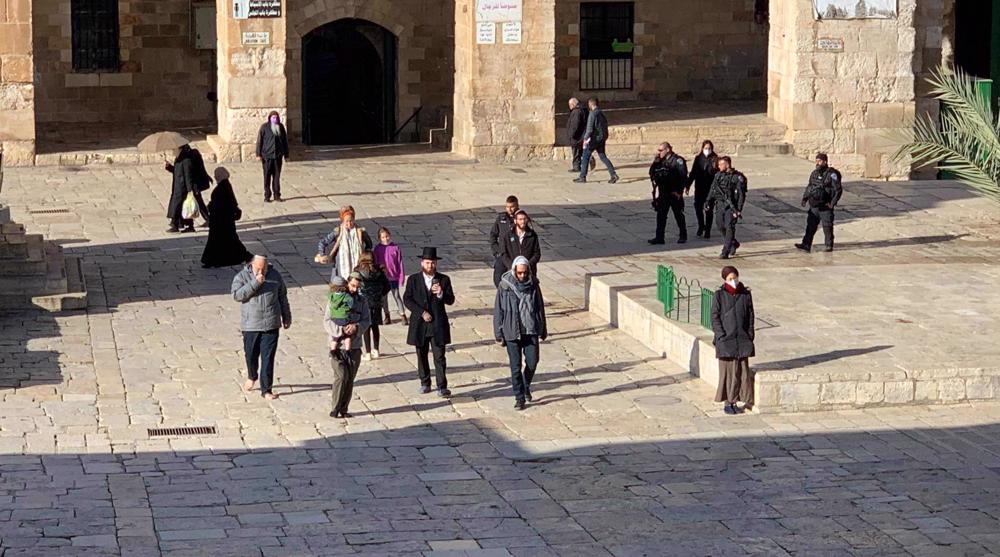
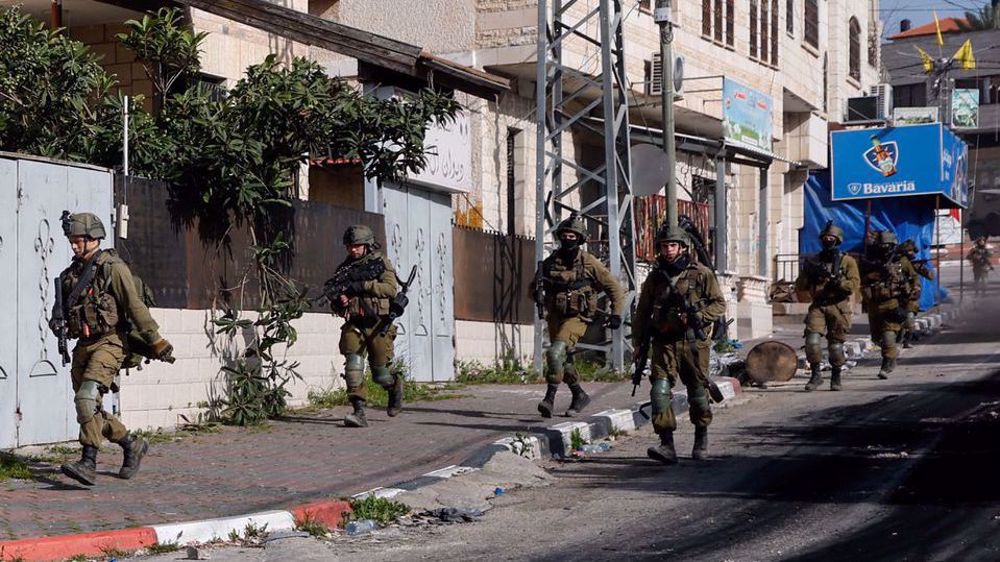



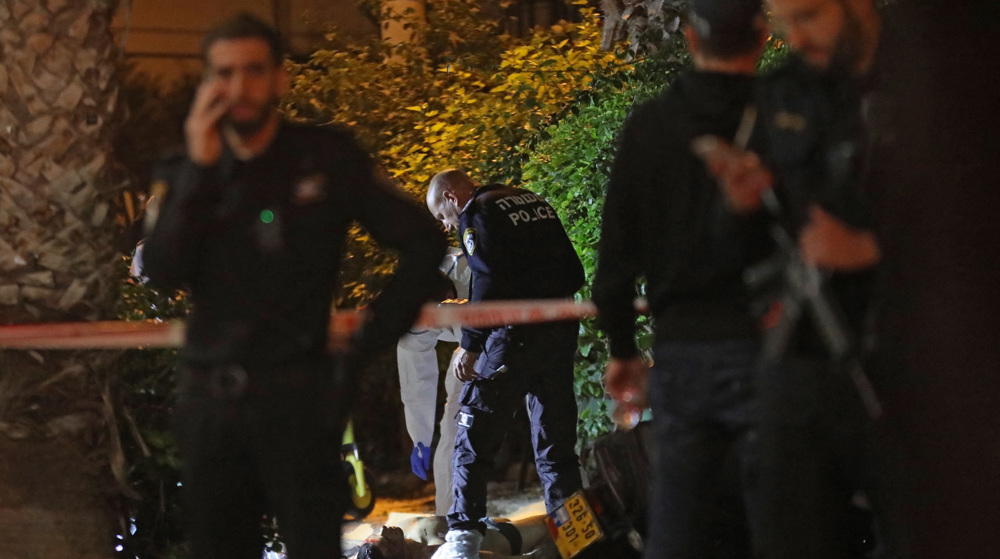
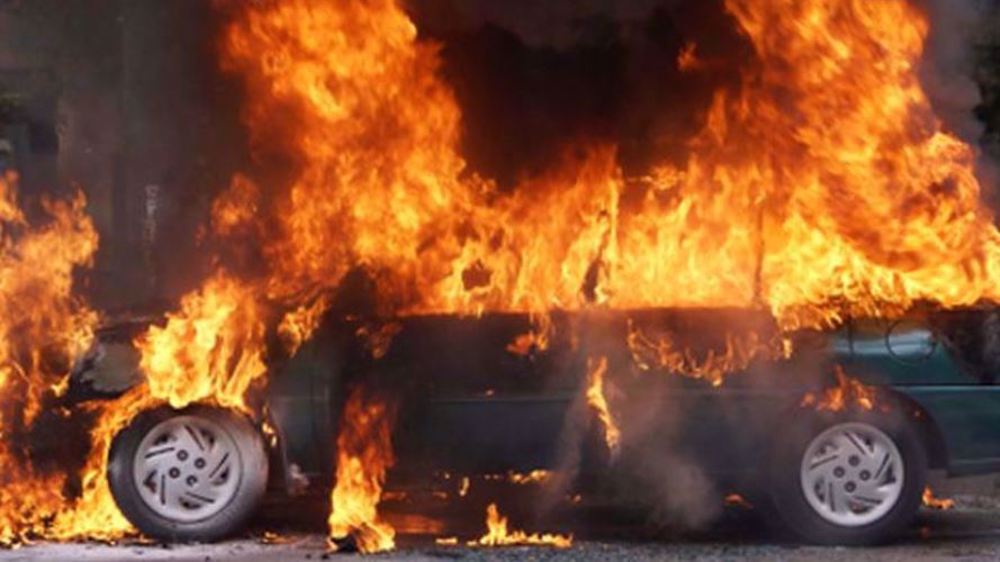
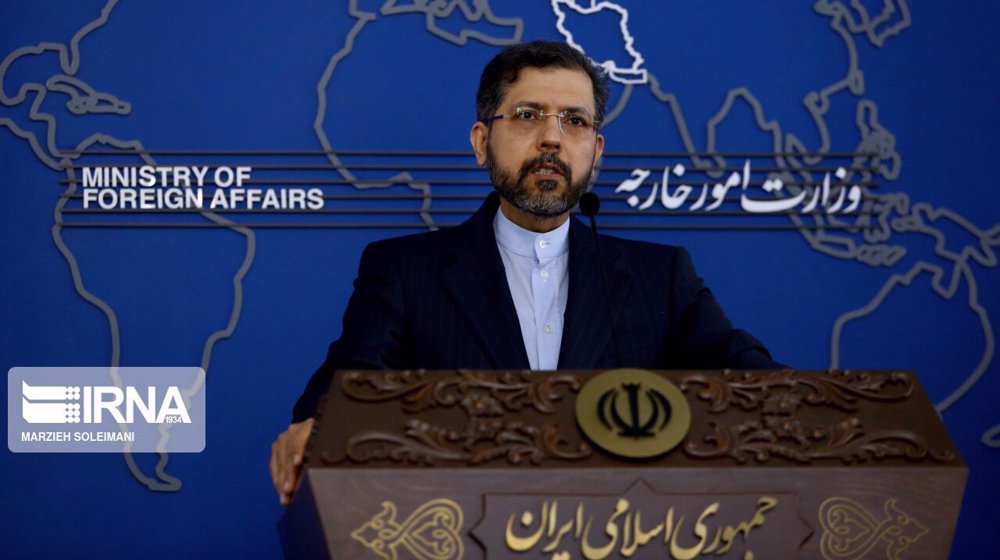
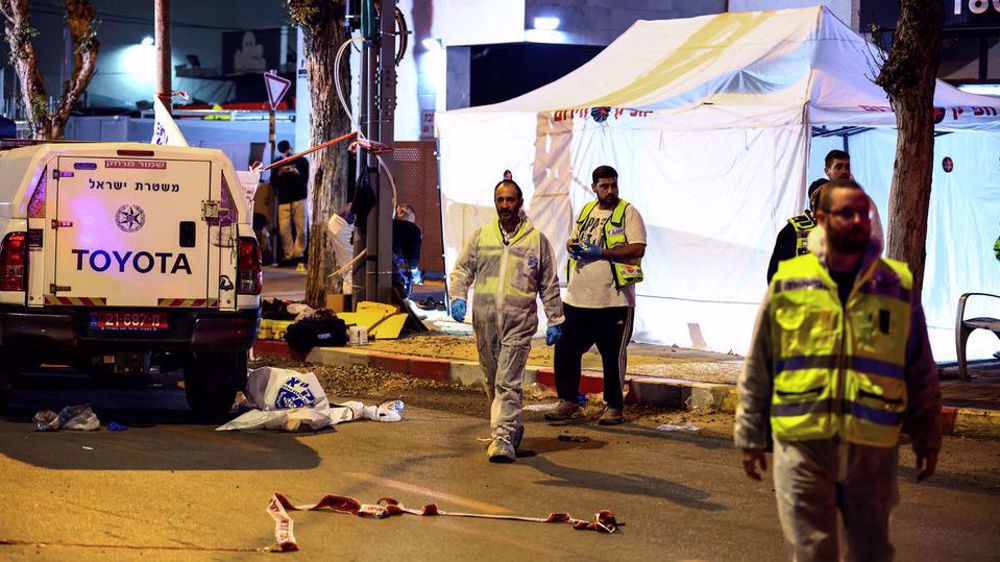
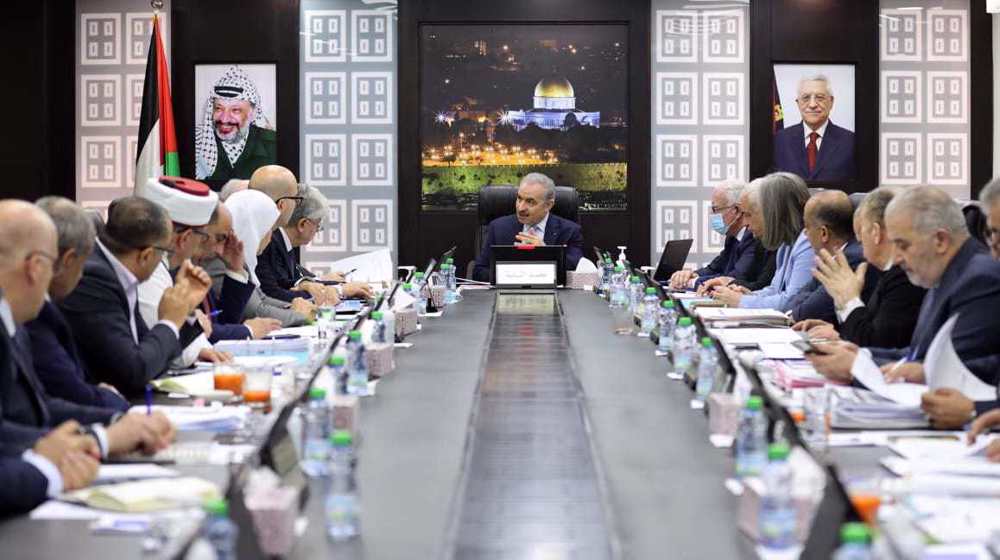
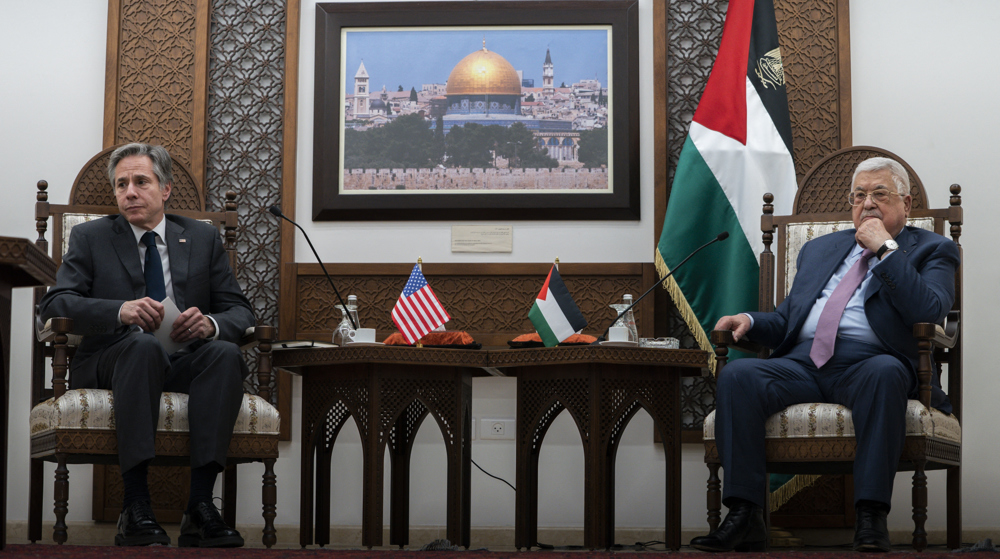
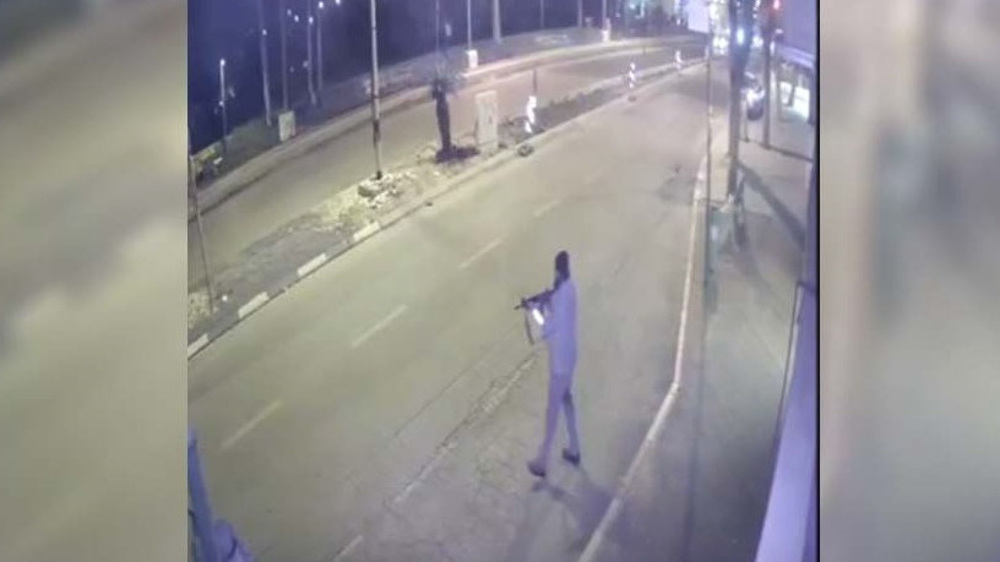

 This makes it easy to access the Press TV website
This makes it easy to access the Press TV website